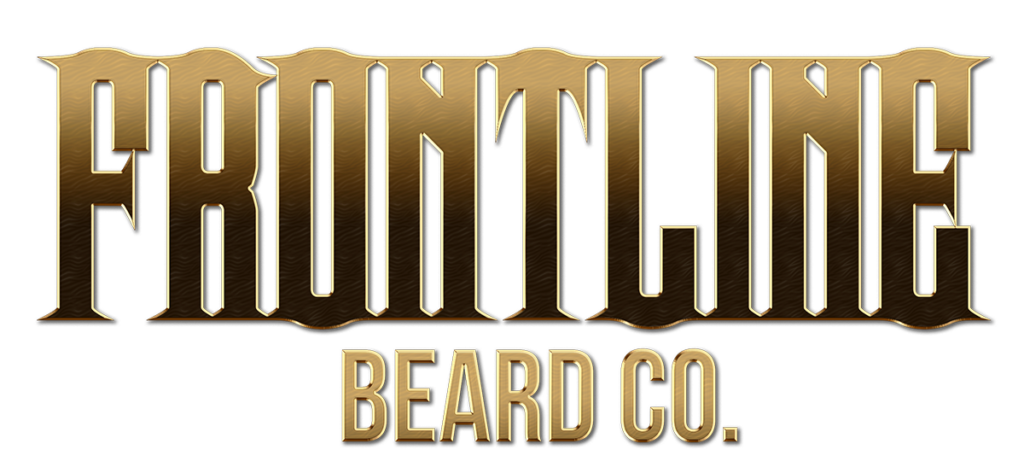Breaking the Chains of Addiction: A Guide for First Responders and Military Veterans
Note from the author. “As an Army Veteran and Former Firefighter/Paramedic, I understand a lot of the unique challenges that we face on the Frontline. I went through my own period of darkness and depression where I felt like I just wanted to hide. I self medicated with things that did nothing but temporarily subside the pain and anguish and only pulled me deeper into my depression. I stand as a testament to what choosing to work on yourself and finding your worth again can do. It’s not easy but you are worth it. For me finding my worth again was the hardest minds shift I had to make to heal and overcome. I stand here as a brother who has been there and I look forward to the day that you do as well. You can be a gift to so many if you simply start making the choice now to walk back towards the light and offer a hand to those still in the dark. You got this… We got this. You are not alone. You can break these chains.” -Ed Cunningham-
Addiction doesn’t discriminate—it can affect anyone, including the brave individuals who dedicate their lives to serving and protecting others. For first responders and military veterans, the stresses of the job can make them particularly vulnerable to substance use disorders. The good news? Help is available, and recovery is possible.
In this blog, we’ll explore the unique challenges these groups face with addiction, discuss the importance of seeking support, and provide valuable resources for those looking to take their first steps toward healing.
Understanding the Unique Stressors
Imagine carrying the weight of life-and-death decisions, witnessing trauma daily, and navigating long shifts or deployments. These stressors often push first responders and veterans to seek relief—sometimes turning to alcohol, prescription medications, or other substances. While these may seem like a temporary escape, they can spiral into dependence and addiction.
Did you know? Studies show that up to 29% of first responders develop substance use disorders, while military veterans are twice as likely as civilians to suffer from prescription drug misuse. These statistics highlight the importance of early intervention and support.
The Role of Peer Counseling
One of the most effective ways to break through the stigma surrounding addiction is through peer counseling. Speaking with someone who has “been there” can make all the difference. Peer counselors understand the unique experiences of first responders and veterans, providing empathy and practical advice without judgment.
Recommended Peer Counseling Resources:
- Fire/EMS Helpline – IAFF Center of Excellence: A confidential helpline for firefighters and EMS personnel struggling with mental health and addiction.
- Vets4Warriors: A peer support network offering 24/7 confidential assistance to veterans, service members, and their families.
- Code Green Campaign: A first responder-oriented mental health and addiction resource hub.
Addiction Recovery Programs Tailored to First Responders and Veterans
Recovery isn’t one-size-fits-all. Many treatment programs are tailored to meet the specific needs of first responders and military veterans. These programs often address the underlying trauma that can fuel addiction, offering both medical detox and long-term therapeutic support.
Top Addiction Treatment Resources:
- SAMHSA’s Treatment Locator: A comprehensive tool for finding local addiction treatment providers.
- The Recovery Village for First Responders: A network of facilities designed specifically for first responders.
- U.S. Department of Veterans Affairs: Offers addiction treatment services for veterans through VA hospitals and clinics.
-
Holdfast Recovery Center: A Beacon of Hope
For first responders and military veterans seeking specialized care, Holdfast Recovery Center was created by Brendan McDonough (lone survivor of the 19 Hotshots) and stands out as a trusted partner in the journey to recovery. Designed with the unique challenges of First Responders in mind, Holdfast provides a safe, supportive environment where individuals can heal both physically and emotionally. Their programs focus on trauma-informed care, addressing the root causes of addiction while equipping clients with practical tools to manage stress and triggers. With a dedicated team of professionals experienced in working with first responders and veterans, Holdfast Recovery Center is more than a treatment facility—it’s a community committed to rebuilding lives and restoring hope.
For more information, visit Holdfast Recovery Center and take the first step toward a brighter future.
The Power of Connection
Isolation can often exacerbate addiction, making connection a critical part of recovery. Support groups like Alcoholics Anonymous (AA), Narcotics Anonymous (NA), or Veteran-specific groups such as Veterans in Recovery provide a judgment-free environment to share struggles and triumphs.
Virtual Support Options:
For those unable to attend in-person meetings, organizations like SMART Recovery offer online meetings and resources.
Practical Tips for Breaking Free
- Reach Out for Help: Don’t wait until the situation worsens—early intervention saves lives.
- Build a Support Network: Family, friends, and peer counselors can provide emotional strength.
- Practice Self-Care: Physical activity, healthy eating, and mindfulness can help reduce cravings and improve mood.
- Stay Consistent with Therapy: Regular counseling can help identify triggers and develop healthier coping mechanisms.
Hope is Within Reach
Addiction may feel like an insurmountable battle, but with the right resources and support, recovery is achievable. Whether you’re a first responder or veteran, remember: you don’t have to go through this alone. Organizations, peer counselors, and support networks are here to help guide you every step of the way.
By taking the first step toward recovery, you’re not just saving your own life—you’re inspiring others in your community to do the same.
If you or someone you know is struggling with addiction, contact the SAMHSA Helpline at 1-800-662-HELP (4357) or visit their website for confidential support and resources.

